Explore All Articles
All Articles
Article Topic
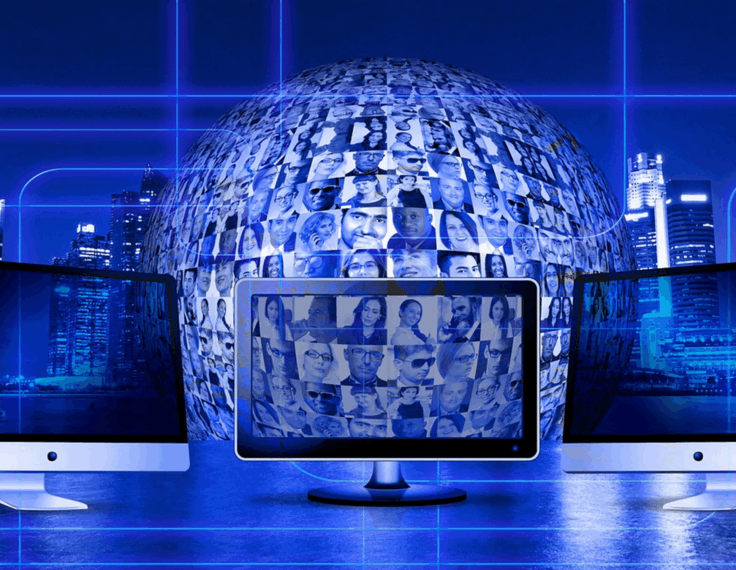
When knowing more means doing less: Algorithmic knowledge and digital (dis)engagement among young adults
Myojung Chung
What if knowing how social media algorithms work doesn’t make you a more responsible digital citizen, but a more cynical one? A new survey of U.S. young adults finds that while higher algorithmic awareness and knowledge are linked to greater concerns about misinformation and filter bubbles, individuals with greater algorithmic awareness and knowledge are less likely to correct misinformation or engage with opposing viewpoints on social media—possibly reflecting limited algorithmic agency.

Feedback and education improve human detection of image manipulation on social media
Adnan Hoq, Matthew J. Facciani and Tim Weninger
This study investigates the impact of educational interventions and feedback on users’ ability to detect manipulated images on social media, addressing a gap in research that has primarily focused on algorithmic approaches. Through a pre-registered randomized and controlled experiment, we found that feedback and educational content significantly improved participants’ ability to detect manipulated images on social media.

How spammers and scammers leverage AI-generated images on Facebook for audience growth
Renée DiResta and Josh A. Goldstein
Much of the research and discourse on risks from artificial intelligence (AI) image generators, such as DALL-E and Midjourney, has centered around whether they could be used to inject false information into political discourse. We show that spammers and scammers—seemingly motivated by profit or clout, not ideology—are already using AI-generated images to gain significant traction on Facebook.
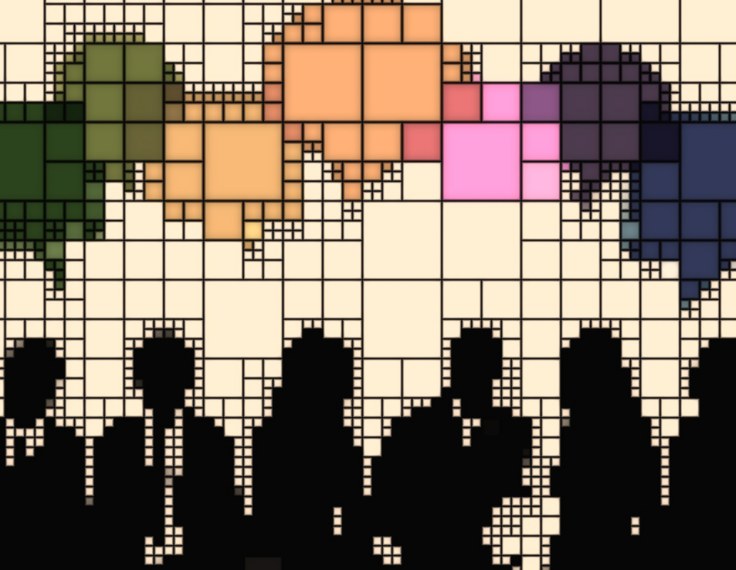
How do social media users and journalists express concerns about social media misinformation? A computational analysis
Jianing Li and Michael W. Wagner
This article describes partisan-based, accuracy-based, and action-based discussions through which U.S. social media users and journalists express concerns about social media misinformation. While platform policy stands out as the most highly discussed topic by both social media users and journalists, much of it is cast through a party politics lens.

Who reports witnessing and performing corrections on social media in the United States, United Kingdom, Canada, and France?
Rongwei Tang, Emily K. Vraga, Leticia Bode and Shelley Boulianne
Observed corrections of misinformation on social media can encourage more accurate beliefs, but for these benefits to occur, corrections must happen. By exploring people’s perceptions of witnessing and performing corrections on social media, we find that many people say they observe and perform corrections across the United States, the United Kingdom, Canada, and France.
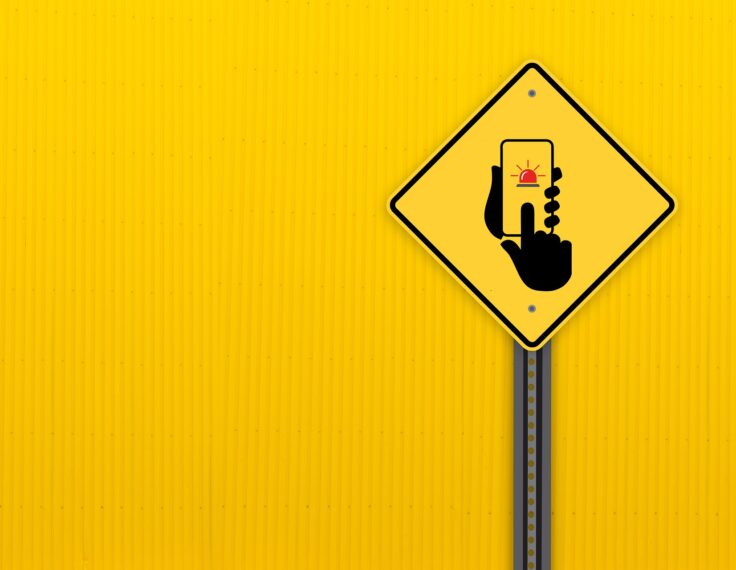
Journalistic interventions matter: Understanding how Americans perceive fact-checking labels
Chenyan Jia and Taeyoung Lee
While algorithms and crowdsourcing have been increasingly used to debunk or label misinformation on social media, such tasks might be most effective when performed by professional fact checkers or journalists. Drawing on a national survey (N = 1,003), we found that U.S. adults evaluated fact-checking labels created by professional fact checkers as more effective than labels by algorithms and other users. News
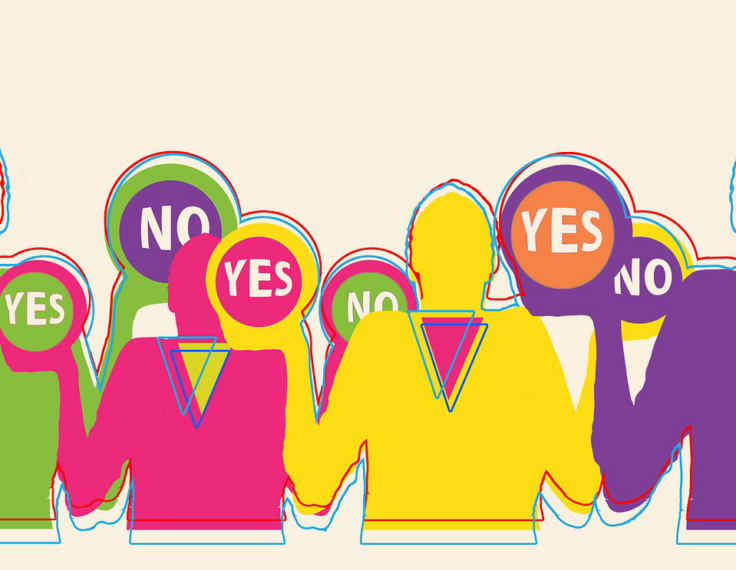
How different incentives reduce scientific misinformation online
Piero Ronzani, Folco Panizza, Tiffany Morisseau, Simone Mattavelli and Carlo Martini
Several social media employ or consider user recruitment as defense against misinformation. Yet, it is unclear how to encourage users to make accurate evaluations. Our study shows that presenting the performance of previous participants increases discernment of science-related news. Making participants aware that their evaluations would be used by future participants had no effect on accuracy.

User experiences and needs when responding to misinformation on social media
Pranav Malhotra, Ruican Zhong, Victor Kuan, Gargi Panatula, Michelle Weng, Andrea Bras, Connie Moon Sehat, Franziska Roesner and Amy Zhang
This study examines the experiences of those who participate in bottom-up user-led responses to misinformation on social media and outlines how they can be better supported via software tools. Findings show that users desire support tools designed to minimize time and effort in identifying misinformation and provide tailored suggestions for crafting responses to misinformation that account for emotional and relational context.
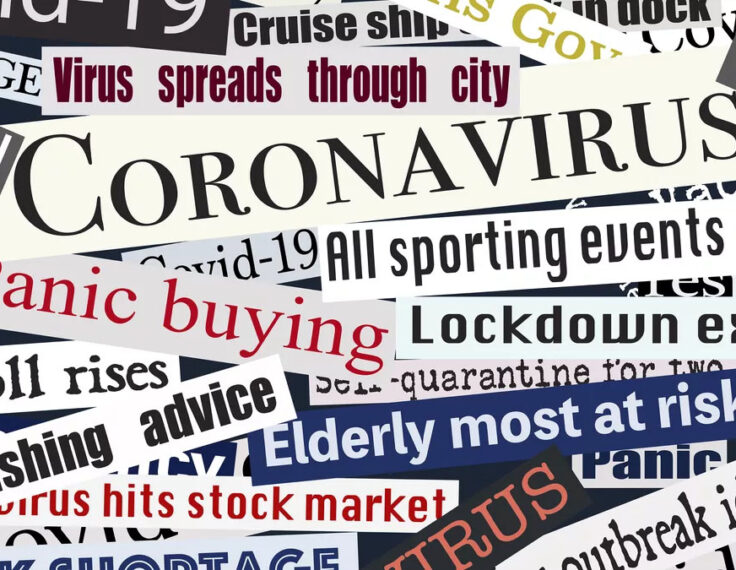
Assessing misinformation recall and accuracy perceptions: Evidence from the COVID-19 pandemic
Sarah E. Kreps and Douglas L. Kriner
Misinformation is ubiquitous; however, the extent and heterogeneity in public uptake of it remains a matter of debate. We address these questions by exploring Americans’ ability to recall prominent misinformation during the COVID-19 pandemic and the factors associated with accuracy perceptions of these claims.
